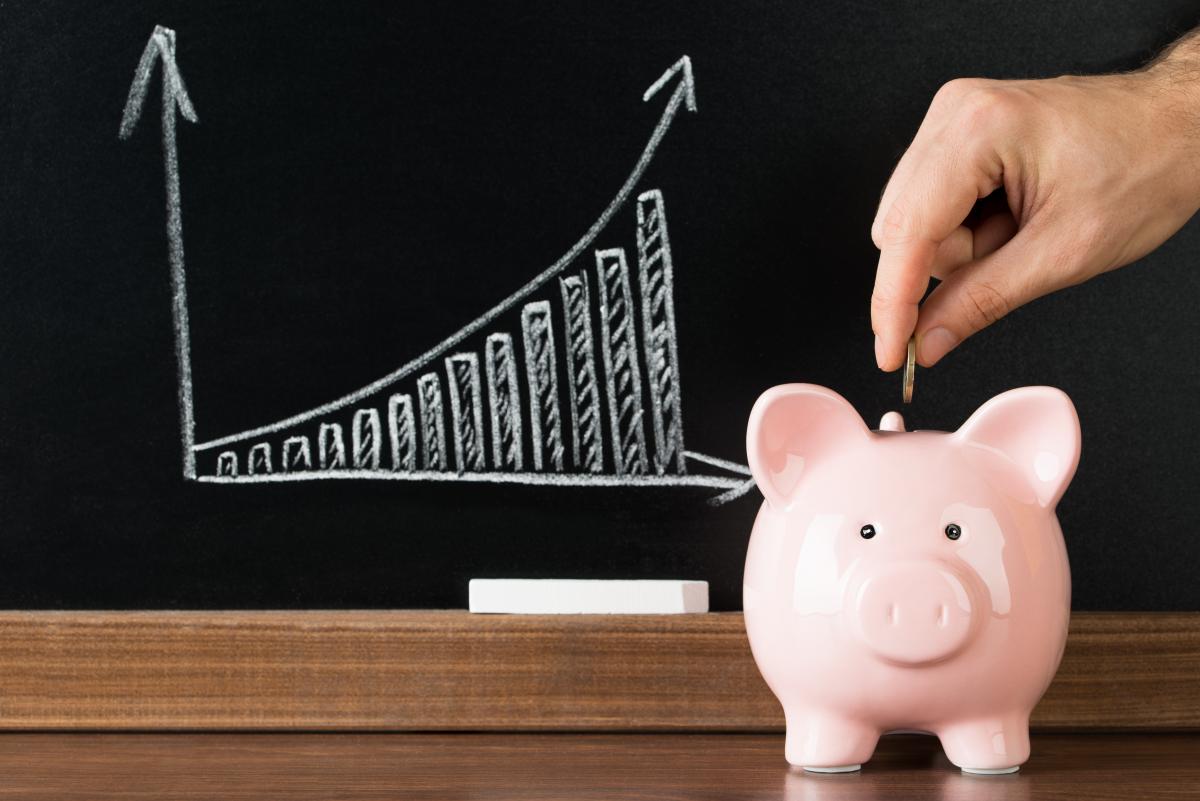 If there’s one silver lining to the COVID-19 pandemic, it might permanently change how much Americans spend and save for retirement.
If there’s one silver lining to the COVID-19 pandemic, it might permanently change how much Americans spend and save for retirement.
Prior to the pandemic, the economy was in an historically long expansion and Americans were spending more and saving less with little consequence. However, the sudden fall into an economic recession was a “wake-up call” for many Americans who were not financially prepared and regretted not having enough in savings going into the pandemic, according to Clever Real Estate’s “How COVID-19 Has Impacted Americans Financially: September Update.”
As part of its COVID-19 Financial Impact Series, the real estate listing firm conducted surveys at the end of March, a month later in April and then again in September to learn more about Americans’ financial wellbeing and how they are adjusting six months into the pandemic.
“We were particularly interested in whether people’s finances were more stable now that joblessness has slowed and lockdown restrictions have been at least partially lifted in most major areas across the country,” writes Dr. Francesca Ortegren, author of the report.
In the light of the pandemic, the biggest regret among Americans is not having enough emergency savings (40%), followed closely by saving too little for retirement (32%). Other top findings included how little they put into investments (22%) and living outside their means prior to the pandemic (19%).
Impact on Saving and Spending
Consequently, the findings show that the economic impact might have a long-term impact on saving and spending:
- 41% of respondents say they’ll put more into emergency funds and save more for their future;
- 21% plan to put more money toward retirement;
- only 10% of respondents say their spending habits will return to normal after the pandemic; and
- 6% say they will invest in less-volatile markets.
Recessions can affect how much people save, perhaps permanently, observes Ortegren. Citing data from the Federal Reserve Bank of St. Louis, she notes, for example, that prior to the 2008 financial crisis people saved about 3.5% of their disposable income (December 2007), but by June 2009, that had nearly doubled to 6.7%. “That trend toward saving more continued until it peaked at 10.2% in 2012, and—while it dropped off afterwards—savings didn’t reach pre-recession lows until 2020,” she writes.
And while survey respondents report having less in savings now than before the pandemic, they’re attempting to spend less, too, she notes. In fact, one-third of respondents said they’ve intentionally cut spending since March.
Not surprisingly, Americans’ biggest financial concerns include job stability (40%), paying for unexpected expenses (40%), paying for everyday bills (37%) and running out of emergency savings (29%).
In fact, the survey found that 61% of respondents say they will run out of emergency savings by the end of the year. This includes 16% who already ran out of savings during the pandemic and 21% who never even had emergency savings to begin with, the report notes.
Additional findings show that nearly 30% of respondents reported dipping into their emergency savings to help cover expenses during the recession, with 19% having spent more than $5,000 of their savings.
Less Worried?
Despite these worries and many continuing to struggle financially, the survey found that respondents are generally less worried about their finances now than they were in April.
For example, when asked whether they are concerned with their retirement savings as a result of the pandemic, nearly 60% of respondents indicated as such in the April results, but that level dropped to just under 24% in September. Similarly, slightly more than 64% expressed concern about running out of emergency funds in April, but that level dropped to nearly 29% in September.
“Americans might be less worried about their finances because the initial shock to the economy has leveled out,” says Ortegren. She notes that nearly half of the 30 million jobs that were lost between mid-March and the end of April have been recovered and, with employment continuing to climb, people are likely less worried that they’ll lose their jobs in the near future as a result of the pandemic. Ortegren also notes that the economy overall seems to be doing better, as indicated by stock markets and people’s confidence in the markets.
Of course, whether the pandemic will actually change how people will spend and save in the future remains to be seen, she emphasizes.
The findings from the most recent wave of the survey are based on an online survey conducted Sept. 9, 2020, among 1,500 respondents, who each answered up to 21 questions (some were dependent on answers to other questions, so not all respondents answered all of the questions).

